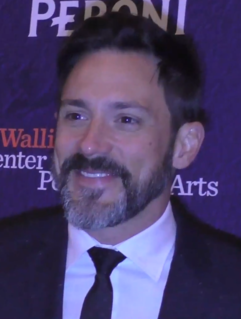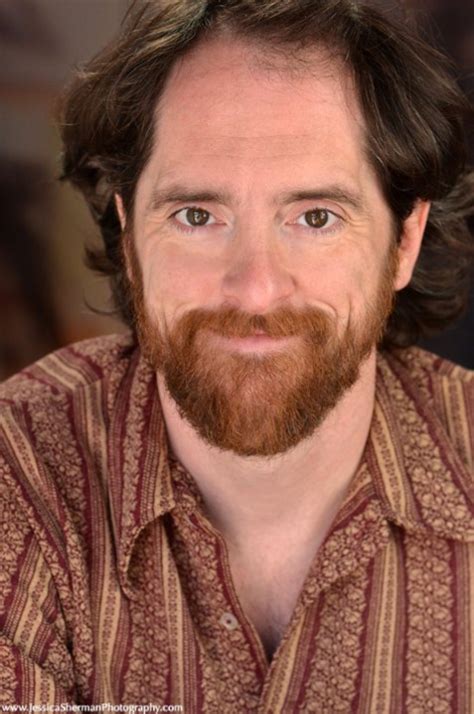A Quote by Robert Smithson
History is a facsimile of events held together by finally biographical information.
Related Quotes
An acoustic ecologist is a listener who is aware that sound is information. It's information because it's created by events, events produce sound, and that sound has all kinds of data, if you will, that conveys what event occurred, what the materials were, whether it was sudden, slow, loud, in what direction. And because it is information, we can think of it as a message. The acoustic ecologist studies information systems that are both intentional and sometimes wild.
Biographical history, as taught in our public schools, is still largely a history of boneheads; ridiculous kings and queens, paranoid political leaders, compulsive voyagers, ignorant general the flotsam and jetsam of historical currents. The men who radically altered history, the great scientists and mathematicians, are seldom mentioned, if at all.
I've been searching for a genre that would be most adequate to my vision of the world to convey how my ear hears and my eyes see life. I tried this and that, and finally, I chose a genre where human voices speak for themselves. But I don't just record a dry history of events and facts; I'm writing a history of human feelings.
Third, and finally, the educated citizen has an obligation to uphold the law. This is the obligation of every citizen in a free and peaceful society--but the educated citizen has a special responsibility by the virtue of his greater understanding. For whether he has ever studied history or current events, ethics or civics, the rules of a profession or the tools of a trade, he knows that only a respect for the law makes it possible for free men to dwell together in peace and progress.
You are doing something over here and over there someone is telling you a joke, or giving you an important piece of information about sanitation, and no matter how weird the other subject is, there is a connection, or you can make a connection. I’ve always loved history and history is collage, it is a juxtaposition of the good and the bad and the strange, and how you place those sentences together changes the whole mood of a history.
A global society is coming into being, a global society that is made out of information that was not intended to be ours, but is ours, by the mistaken invention of computers and the printing press, information is power, and information has spilled by the clumsy hands of the dominator culture so that the information is everywhere, never before has the situation been so fluid, we might be able to finally have a crack at this








































